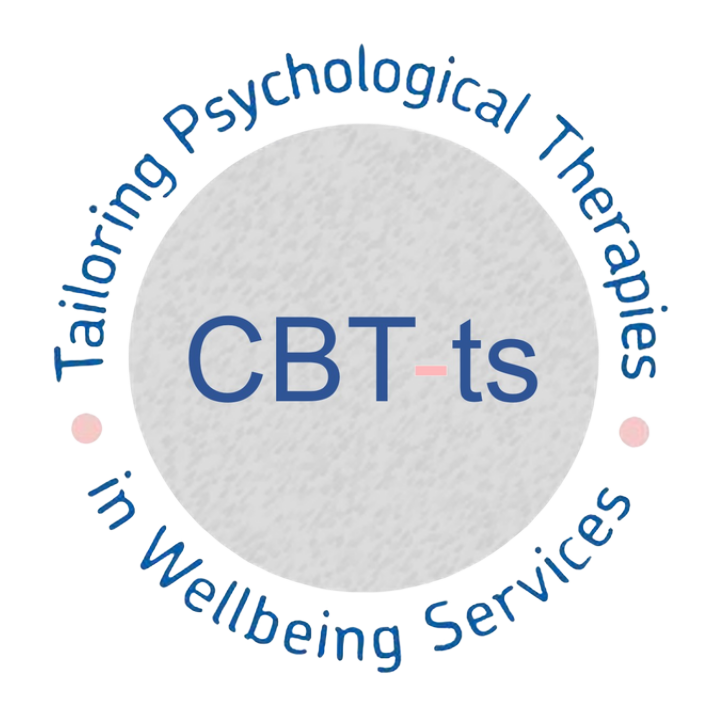What is Patient and Public Involvement in research? Public involvement is when people with lived experience of the research topic directly shape the research by advising, designing, guiding or carrying out the research alongside, or as part of, the research team.
Patient and Public Involvement in research (PPI) has been integral to the development and delivery of the TYPPEX study. The role and contributions of the LEAP (Lived Experience Advisory Panel) has been wide ranging through each stage of the study. LEAP involvement, facilitated by McPin through a mix of workshops and online tasks, feedback as well as co-production with the research team. Co-production is when members of the public are given equal partnership alongside researchers to shape the study. LEAP Co-production and recommendations span across process, psychoeducation, study materials/training, communications and research papers/materials (See key activities). The LEAP helps ensure the research is relevant to the people it will impact.
The LEAP works closely with the study team to highlight potential areas for further consideration based on the groups lived experience and knowledge. The LEAP has also evolved over the years with different members contributing at various stages as well as retaining several members from inception. LEAP involvement goes beyond consultation, the group has been engaged throughout, with regular communication, Q&A sessions, as well as opportunities for learning. A core part of the study analysis included LEAP members acquiring and applying new qualitative and quantitative research
The LEAP supports and advises on the content of key materials used in study recruitment, therapist training, and analysis. Drawing from lived experience, the team helped ensure there was
LEAP involvement has helped shape engagement with study participants and the public in a way that is compassionate. Helping to promote an accurate understanding of psychotic experiences and mental health.
Key Activities Include
- Input into the grant application and the branding of the TYPPEX. This included contributing to the programme develop grant application, with feedback and discussion in areas such as use of mental health data
- Helping to tailor the content and structure of psycho-education
- Assisted co-production of Invitation Letters, Patient Information sheet, Psychotic Experiences leaflet, Normalisation handout, and translation guide.
- Attendance at Brainworks conference.
- Supported the process evaluation. The LEAP provided input into documents such as Interview Topic guides for Service Users. LEAP helped develop codes/conducted analysis that were used in the Process Evaluation, offering a lived experience perspective to service user data analysis.
- Supported the recruitment of participants (therapists and service users) to the TYPPEX Involvement Network (TIN). The LEAP made efforts to remove barriers or anxieties around participation and help promote the benefits of involvement.
Did you need to have lots of technical knowledge to be involved in TYPPEX?
While members of the Lived Experience Advisory Panel brought a great deal of knowledge and insight to bear on this project, possessing detailed technical expertise wasn’t necessary to participate. Facilitated by the team at McPin, who helped to foster an inclusive environment and ensure that all voices were heard, we were able to draw on our experiences in a variety of ways.
One of our most important roles was to emphasise and explain the individual life stories that can sometimes be obscured by clinical language. Humanising the language of mental health has never been more important – particularly when loaded and evocative terms like “psychotic experience” are in play – and we were able to hold focus on why research into this area is ultimately so significant. Uncovering knowledge may be valuable for its own sake, but it is also key to remember the unique life stories and experiences that lay behind charts and data sets.
This was where our position as Experts by Experience came in. With a nuanced understanding of mental health services ‘from the inside’, we could speak to the subjective experience of navigating these environments: including the challenges that are all too easy to overlook from a purely clinical or academic standpoint. This different form of knowledge can prove invaluable in a research context, particularly as regards communicating a study’s premises and findings publicly.
The TYPPEX study looks to have broken new ground in exploring mental health experiences that were historically overlooked. While exciting, that kind of innovation comes with its own conceptual challenges. Responding to this, we aided the study team in attempting to convey what these experiences are like for the people living them, while keeping in mind the sheer breadth and variety of interpretations, viewpoints and desired responses involved. With any luck, this kind of collaboration will become the norm in future mental health research – showing that co-production of academic work, policy and public communication materials is not just desirable, but often essential.
Driving change is rarely easy, but by combining the TYPPEX researchers and clinicians’ forms of expertise on one hand, and ours on the other, we have been able to suggest a potential way forward for comparable projects. But more importantly, we have helped to ensure that what matters most – the lives of people living with these complex experiences, and how they might stand to benefit – is not forgotten.
Text by: Rob Sayce




